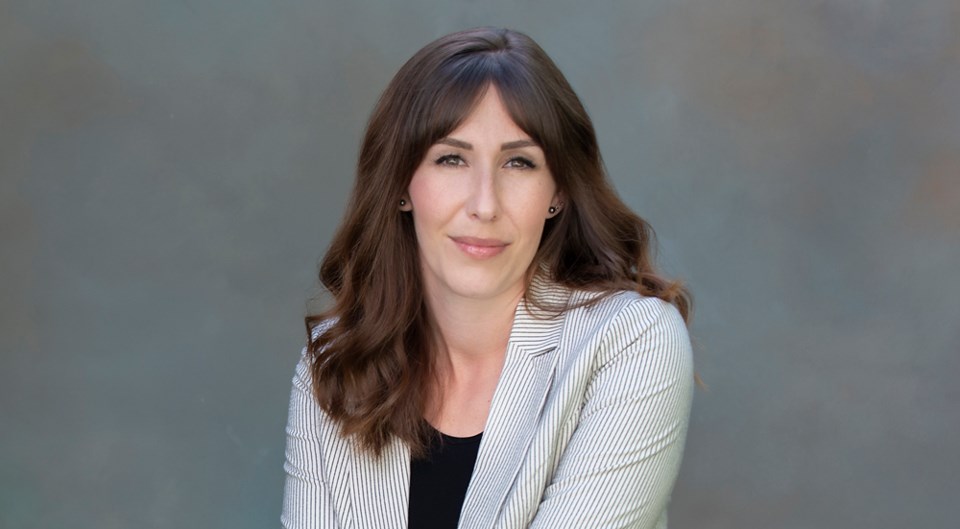It’s the obvious scenario. As an arts teacher and a performer, I see it all the time. I lived it. Those passionate performing urges are strong, and you head off to a theatre program or the audition circuit after high school. You pursue that artist life for as long as you can stand it (mentally and emotionally) and then you head into a more stable career. You “pick a lane.”
I recently attended an online lecture given by producer (among so many other things) Eric Cornell, who has worked on Broadway, numerous international theatrical tours, and is an arts teacher himself. Picking a lane was NOT on his list of suggestions. The lecture was titled “Exploring Careers in Theatre” and here is one of his points I know to be true – ANY interest intersects with theatre.
I have worked in some varied sectors. My arts training benefited me in all of them and, in turn, those jobs have benefited me in the arts. I boomeranged all over the place but, finally, I seem to have made my way back to the arts (if I ever fully left, I am not sure).
This is exactly the emphasis of the lecture I attended. If you know you have a passion for the theatre, but you want consistent employment and a home base, how do you scratch that itch in a vocational way?
The list of ways is endless. There is an incredible, interactive resource that shows the connections between different roles. Some of the most important, up-and-coming jobs in the performing arts industry are connected to technology, humanities and health and safety. While a theatre diploma doesn’t hurt, it also isn’t the piece of paper necessary to get a job as a diversity, equity and inclusion coordinator with a regional theatre or a touring production company, for example.
The final point in the lecture was this: “The more you broaden your vocational skills and diversify your career, the more satisfaction I think you might find.”
While I can argue all day about the necessity of art for a healthy society, I cannot argue that a career in art will place you near the top of the financial food chain. However, there is something to be said for job satisfaction. If you have that artistic itch, it’s probably not going to vanish the day you get that accounting degree.
But there is hope for everyone out there who, like me, has a left and right brain in constant conflict. Currently, within Theatre NorthWest, I am working in an artistic leadership role. However, I also spend my workday in the box office and handling front of house duties. Others in the organization have similarly diverse working roles, which combine artistic and “regular” skills.
But what if the boomerang was reversed? What if individuals with skills in business or trades boomeranged right into the theatre? What if an architect or a physiotherapist actively sought employment in the arts sector FIRST? I know, I know. Financially, why would anyone do that?
Well, did you know that, in 2019, the arts and culture industry contributed $919 billion to the American economy? Arts and culture contributed more than agriculture, transportation or warehousing. Of course, our industry breakdown is different in Canada. We do not have Hollywood or Broadway or Disney to draw in arts tourism dollars. But, there is potential in the industry, and not every architect wants to design skyscrapers for their whole career.
All of this is to say that, in this age, “picking a lane” may not be the most beneficial model. There is nothing wrong with going back to school and getting a degree or a “stable” career. But if you have a young artist in your house, I encourage you not to write off the arts but rather to explore the numerous ways your artist can contribute their talents to this fulfilling, creative industry. The diversity of possible careers is vast and this industry values unique perspectives and people. A carpenter, computer programmer or engineer inside a theatre is not a rarity – they are often a valuable and respected necessity. The theatre will not chain your passions to a desk. It will open doors and connect those passions, often in directions you could never imagine.
Anna Russell is an Artistic Associate & FOH/Box Office Manager at Theatre NorthWest.



